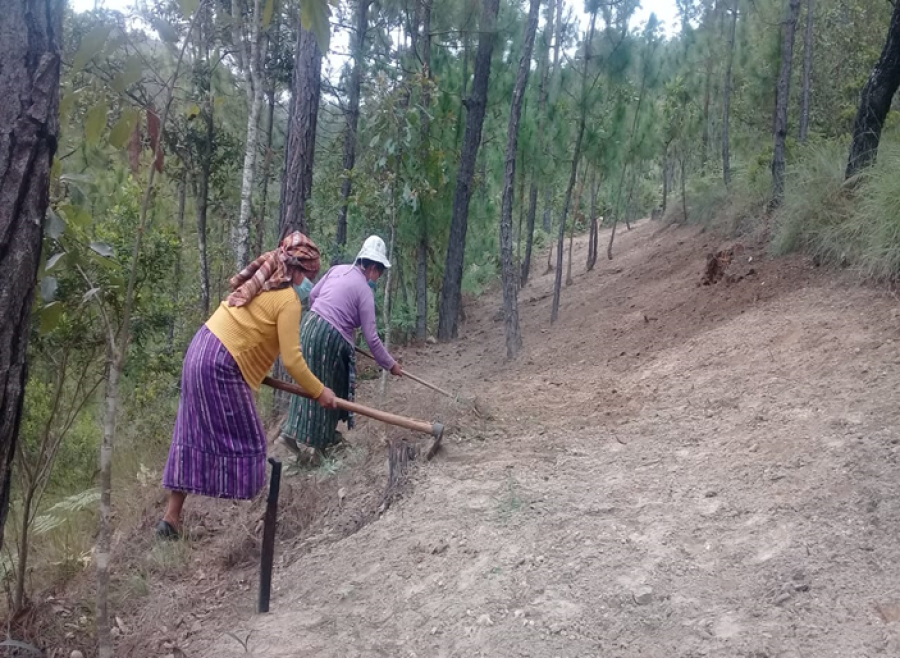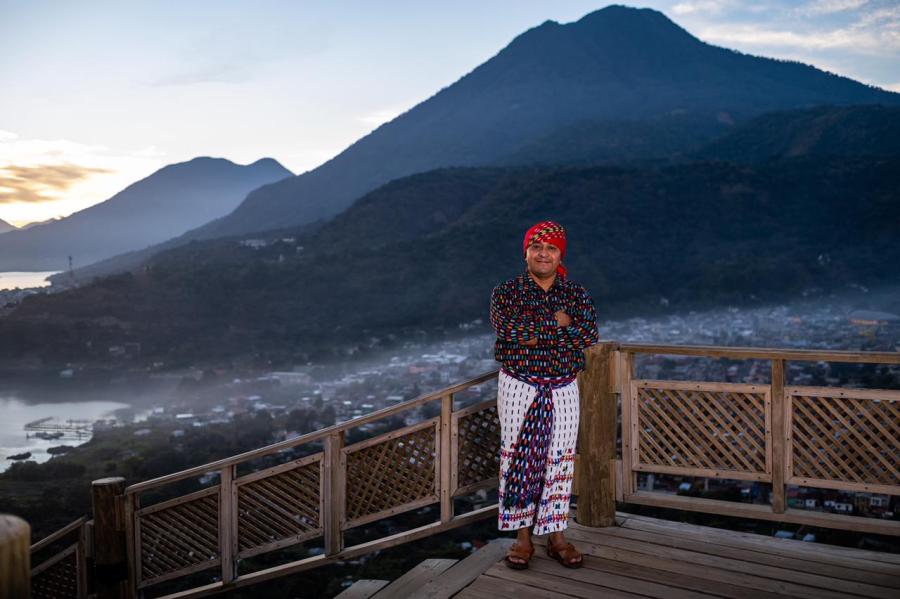Described as a "collage epic" by its editors, Voices from the Silence attempts to creats a literary narrative of Guatemalan history from the Mayan Conquest to the 1991 elections. Organized chronologically, and centered on specific events, the first part of the book contains writings from 1300 to 1954 -- the period of conquest, colonization, and independence. The second part, literature of the years from 19541991, examines the formation of the militarized state, the guerilla actions of the 1960s and 1970s, the question of Indian participation, the insurrectional crisis of the 1980s and the ongoing peace dialogues, and the first two democratic presidential elections.
Unlike a traditional literary anthology, the editors selected and arranged writings to comment on or describe historical moments in Guatemala, and keep each selection to a trim paragraph length. Poetry is excerpted. The approach works well throughout the book in illustrating the varied responses and experiences of Guatemalans to major events. Excerpts from newspaper, articles and interviews establish context and provide a transition between writers. Writers such as José Bamoya and Rigoberta Menchú, as well as Miguel Angel Asturias, Mario Payeras, Carmen Matute, and more than 100 other writers, create in poetry or prose a vivid portrait of their country and history.
Preceding each section of the book, the editors provide a thorough introduction that explains the context of the writings about to be presented. Aside from the introductions, the editors do not intrude on the writers; there are no footnotes or parethetical comments to distract.
Yet, powerful as this "collage" method is in giving voice to Guatemalans, it is also unfulfilling: reading a paragraph or a snippet of a poem, the reader wants to know more, what else does the writer say?
Voices from the Silence achieves its purposes of creating both a Guatemalan history from the perspective of the country's people, and a dialogue concerning the meaning of events in Guatemala's history. The anthology though is utilitarian. It is an introduction to both the history and literature of Guatemala, but is not a satisfying read. The "collage," effective as it is in providing an overview of Guatemalan history and literature, does not produce a literary narrative. This book is limited to an audience of students and academics interested in Guatemala or Central America, for whom the anthology is both useful and important as a reference.
Article copyright Cultural Survival, Inc.



